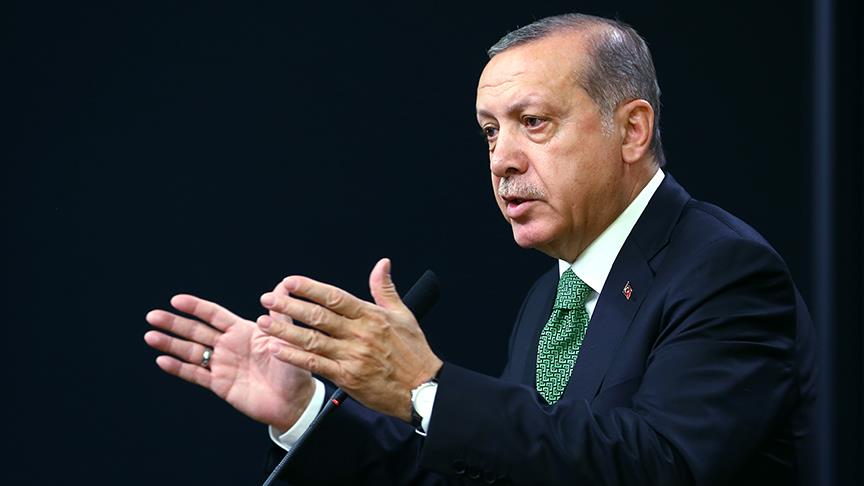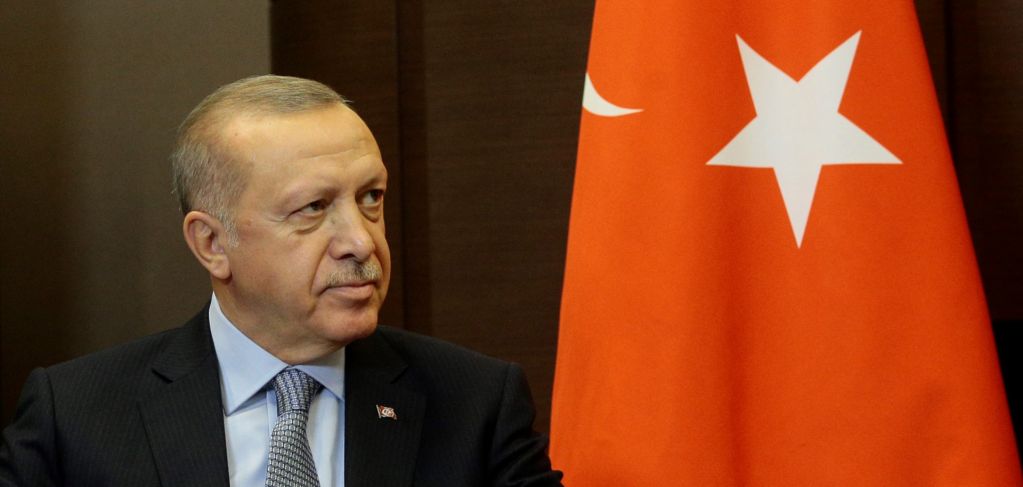Then came Operation Olive Branch from January to March 2018 in the largely Kurdish province around Afrin. In that onslaught into a hitherto peaceful corner of northwestern Syria, Turkey relied on about 25,000 Free Syrian Army and other rebel fighters to occupy towns and villages. “Instead of protecting vulnerable civilians’ rights, these fighters are perpetuating a cycle of abuse,” Human Rights Watch declared. The United States refrained from assisting its Kurdish allies, a precedent for its behavior when, following his now-famous telephone conversation with President Donald Trump, Erdogan ordered his army and its allied Islamist militia to advance into northeastern Syria on Oct. 9. Turkey’s Operation Peace Spring followed the Operation Olive Branch game plan (George Orwell would have appreciated these operational names) that expels Kurds, civilians and fighters, from the northeast, executes Kurdish politicians and gives Turkey control of a 20-mile-wide belt from the Mediterranean to the Iraqi border.
Despite international outrage and sanctions, Erdogan’s decision to expand his military occupation of northwest Syria to the northeast and destroy the YPG is popular among all factions in Turkey. The new mayor of Istanbul, Ekrem Imamoglu, who won office on promises to resist Erdogan’s Islamist and anti-Kurdish policies in Turkey’s most cosmopolitan city, backs the military operation. On Twitter, he called the YPG a “treacherous terror group,” betraying the Kurds who helped elect him. A leading opposition daily, Sozcu, headlined its front page, “Americans, Europeans, Chinese, Arabs — all united against Turkey. Bring it on.” The pro-war fever infecting Turkey replicates the parades, flag-waving and oaths of allegiance that accompanied the country’s entry into World War I in 1914. When the Ottoman fleet attacked Russia’s forts along the Black Sea, Turkish political parties and media outdid each other to demonstrate support for an offensive that started well and ended badly. Turkey lost its empire, and the European Allies occupied Istanbul.
Much to Gain, Lots to Lose
Turkey has much to gain if its Syria gamble succeeds — control of a large area it abandoned in 1918, removal of thousands of Syrian refugees from Turkey to parts of Syria they do not know, containment of the YPG and PKK to areas south of its so-called safe zone and a voice in Syria’s future. It also has much to lose — the lives of its soldiers, perpetual warfare along its border and the undying animosity of Kurds in both Syria and Turkey.
Erdogan’s new collaboration with Russian President Vladimir Putin — with whom he agreed at Sochi, Russia, on Oct. 22 to deploy joint Russian-Turkish patrols in the 20-mile security zone that he has ordered the Kurds to evacuate — dilutes his control in northeastern Syria. It also permits al Assad’s Syrian army to return to an area where Syria has a greater claim to sovereignty than has Turkey. The obstacle to ending the eight-year Syrian civil war remains Turkey’s sole control of the northwestern Syrian provinces of Idlib and Aleppo and the estimated 60,000 rebels, most of them jihadists, it controls there and has used as its mercenaries against the Kurds. The politician most likely to decide the fate of that area is, as with the Kurdish northeast, neither Trump nor Erdogan, but Putin. Watch that space.












